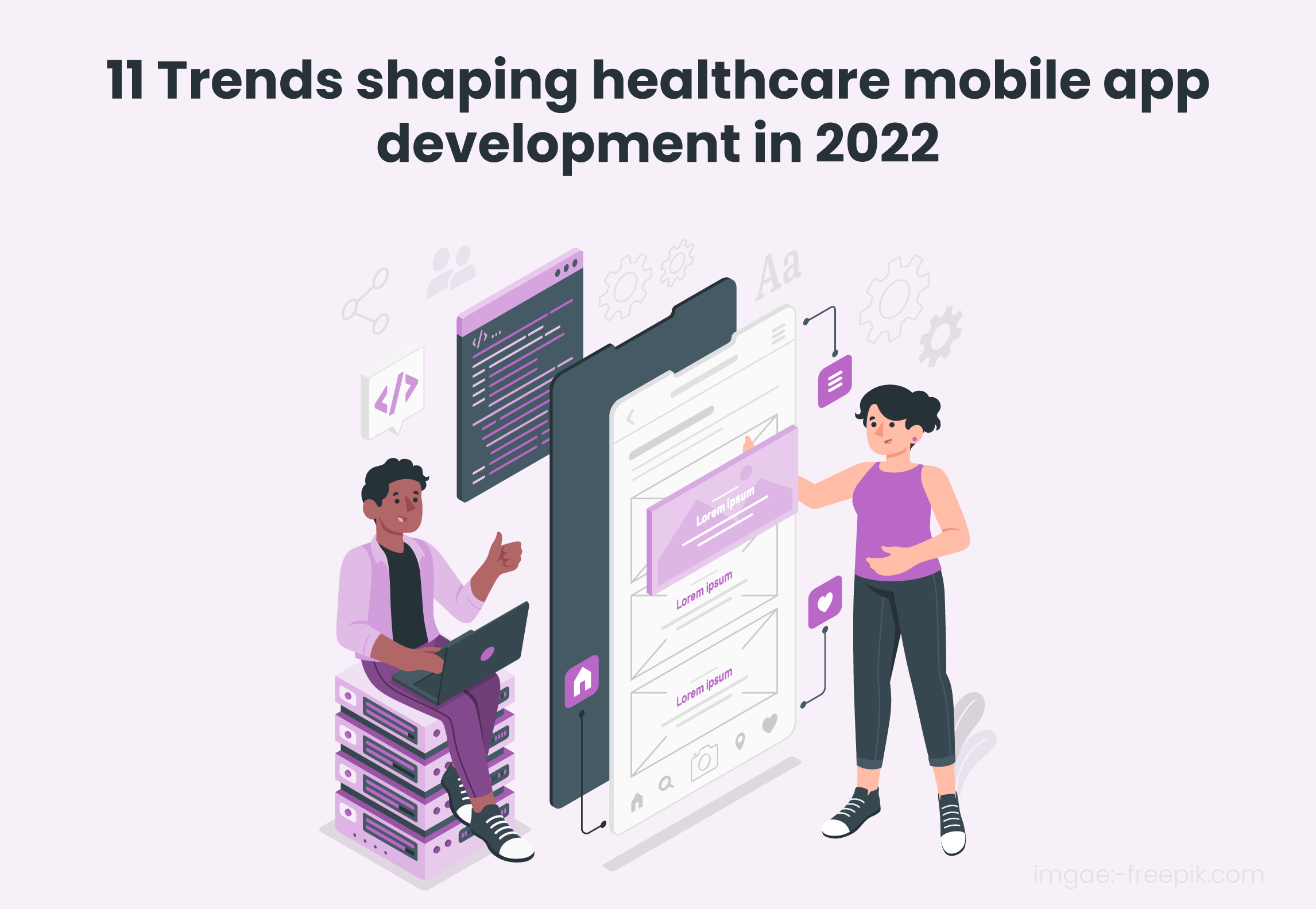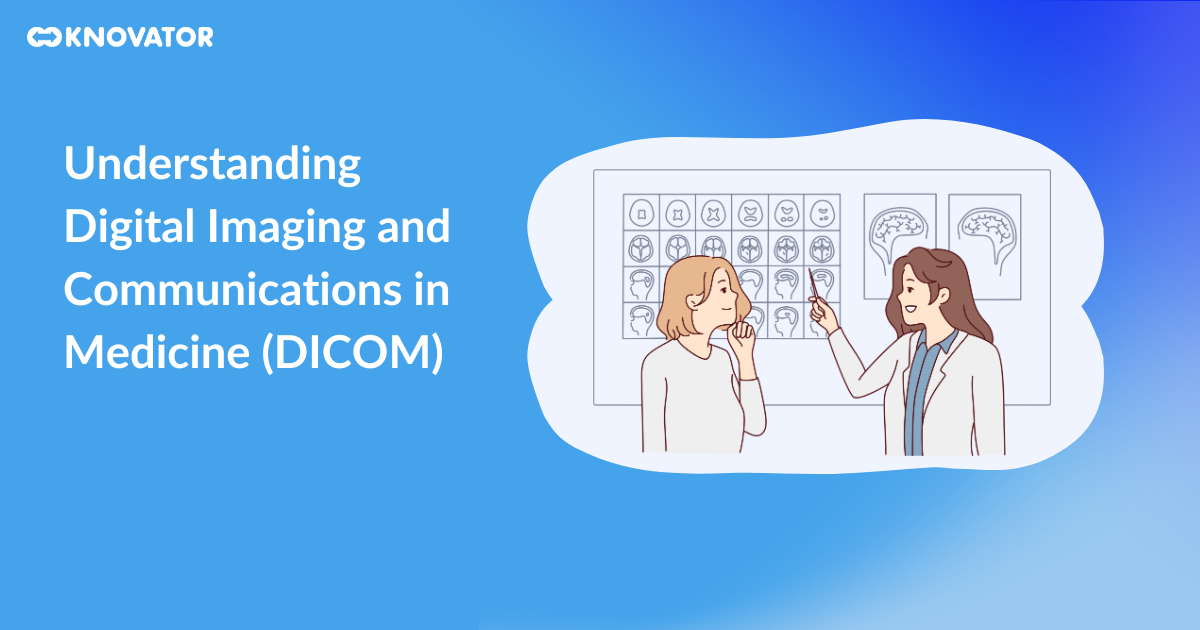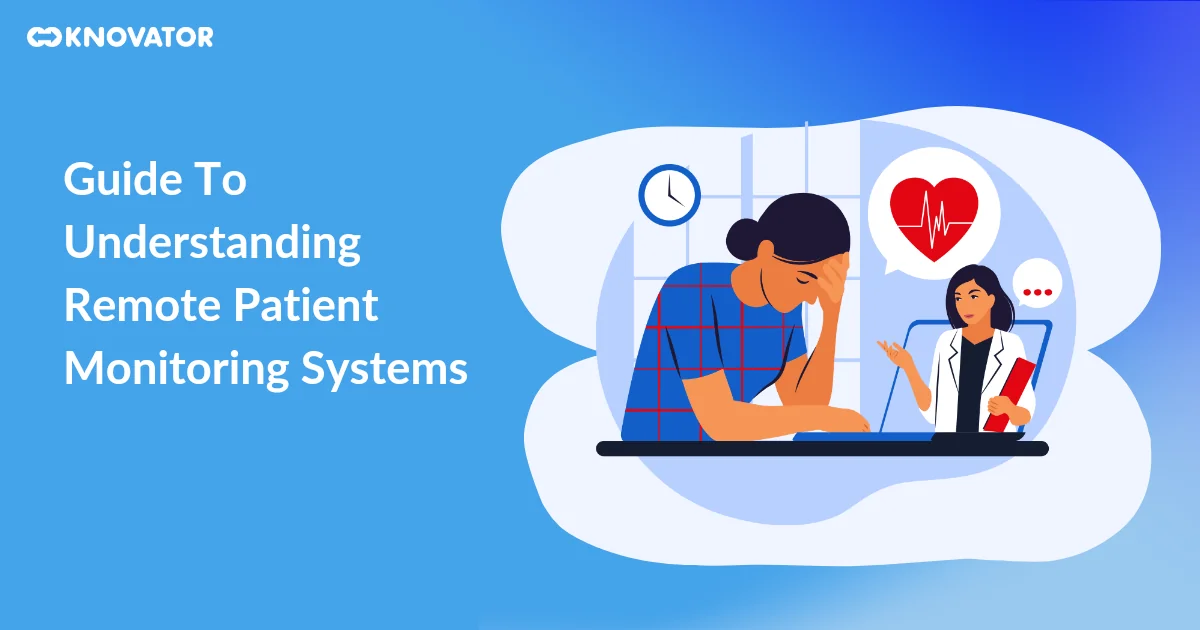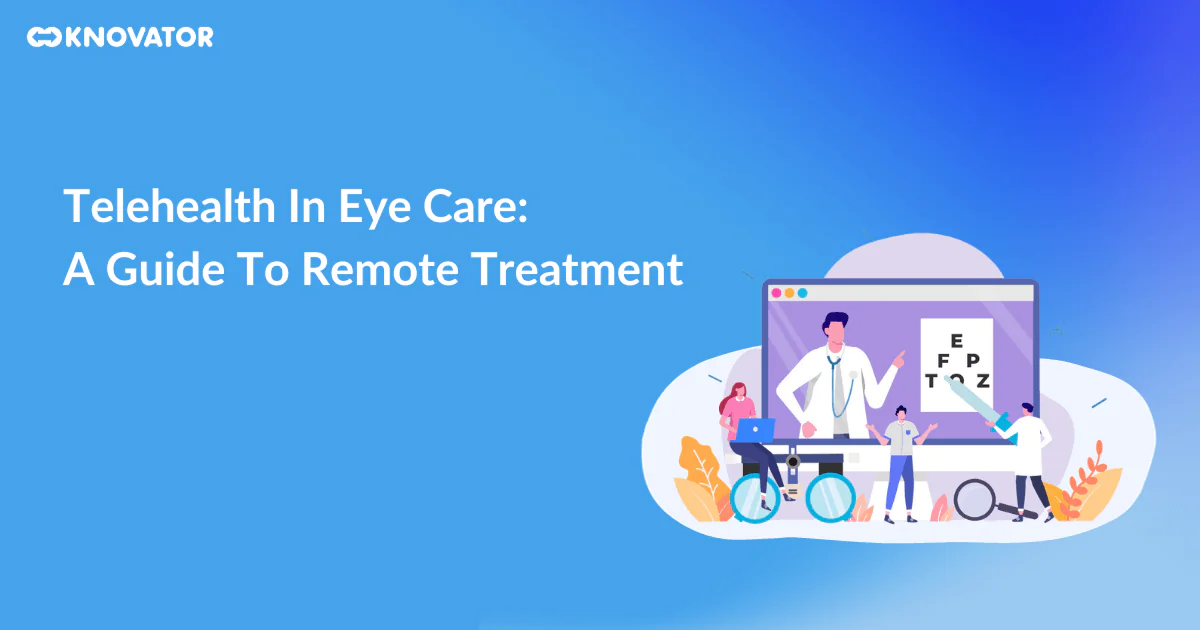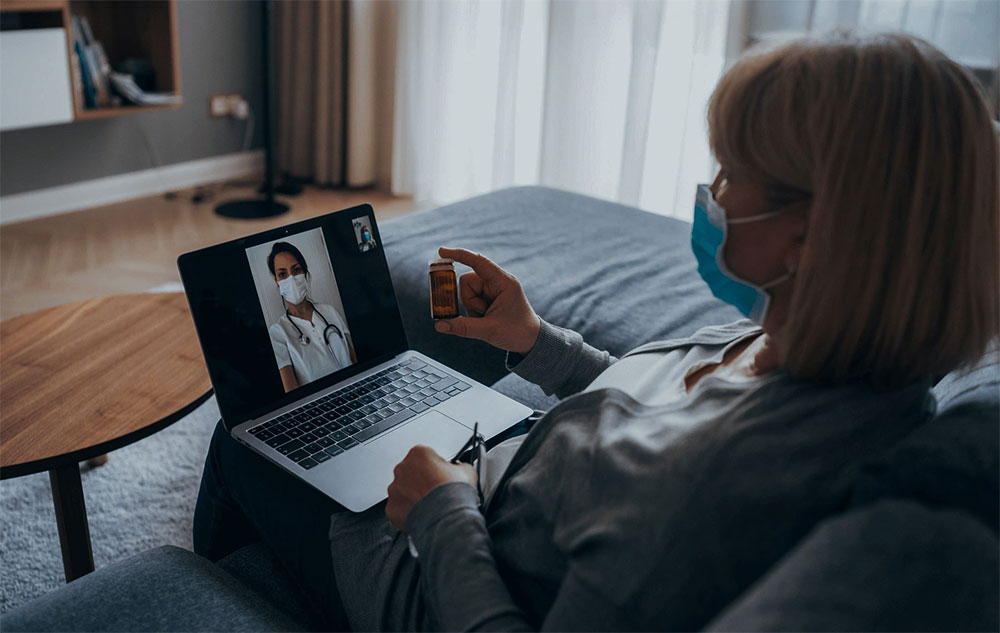In the recent past, the healthcare industry has experienced many changes. The transformation that led to healthcare mobile technology is amongst the most remarkable ones. With virtual healthcare getting the attention it deserved, telemedicine and telehealth practices have gained popularity.
Using a telemedicine and telehealth app, a patient can connect with a doctor of any specialty without geographical restrictions. They can communicate with each other via text, SMS, or video chat. In case in-person medical care is needed, they can book a lab test and connect with a doctor at a convenient time at a nearby location by booking an appointment. This ensures to save time and improve health outcomes
If you’re an entrepreneur looking to digitally transform your healthcare business or upgrade your mhealth application platform, here are the top 11 trends shaping up the healthcare mobile app development industry in 2022. When you hire a healthcare mobile app development company, ensure that they follow these app development trends.
1. Artificial Intelligence
Imagine having a virtual nurse helping you with daily chores by reminding you about your medication to be taken at a prescribed time? This can be handled with AI. The global Healthcare AI market is expected to touch USD 45 Billion. There has never been a better time for automation and including intelligence in a mobile app to solve patients’ problems that do not require human assistance.
Diagnosing an X-ray, conducting a preliminary diagnosis, submitting healthcare claims, solving payer denials, reducing medical coding errors, detecting frauds, automating administrative workflow, automating repetitive reporting and data extraction work, and robot-assisted surgery are going to be the key healthcare AI components.
The healthcare app development company you choose must be prepared to accommodate these trends in your mobile application.
Looking to tap into the latest mobile app development trends? Call us to know how we can help supercharge your healthcare business.
2. Big Data
Managing hundreds and thousands of claims, patients, and payers’ data in excel or a simple database is prone to errors.
You need a data warehouse, data loading, cleansing, quality, ETL [extract, transform, and load] strategy that can handle data for the future, and not just today.
You need big data technology to ensure your mhealth app, EMR/EHR solution, remote patient monitoring solution and prior authorization solution display accurate data, quickly.
With big data, you can do better analysis and run preventive care healthcare business over-reactive care. Bookings and appointments can go faster, reduce wait time and increase revenue. In 2022, big data adoption in healthcare will fetch $34.27 billion.
Also Read : advantages of automated prior authorization in hospitals
3. Internet of Things
Apple watches and other healthcare devices can monitor your heart rate, sugar, blood pressure, and other body vitals to help you prevent a medical emergency. It is a perfect example of an Internet of Things device or IoT in healthcare. With more examples of connected lenses with mobile apps, connected inhalers, activity trackers, closed-loop delivery of insulin; mhealth application platforms are one of the best examples of an IoT device.
We are going to see a mammoth investment in healthcare for IoT devices and it is estimated to touch $158 billion. It’s a great time to hire a healthcare IT solutions provider with IoT experience and develop your mhealth application platform.
4. AR/VR
Augmented and Virtual reality in healthcare is helping doctors in surgeries. For patients, they are transported to an augmented reality world to overcome their trauma and recover mentally. Diagnostic centers, training departments, treatment and rehabilitation centers are going to use AR/VR technology to maximize the efficiency of staff and improve costs.
5. Telemedicine
Telemedicine and telehealth technology are already a trend in healthcare mobile app development. We have many startups like Teladoc, Talkspace and Doctor on Demand among many others trying to solve this problem for a couple of years. However, the adoption of telemedicine is only going to increase in 2022 and beyond.
The ability of patients to get treated by physicians right from the comfort of their homes is the key benefit of using a telemedicine app.
Along with this, an automated questionnaire helps a doctor know the symptoms and recommend accurate treatment during the first appointment. Healthcare app development features like appointment alerts and notifications reduce follow-ups and increase health outcomes.
Also Read : Telemedicine App Development Services
6. Chatbots
Replacing common and repetitive administrative and health queries by a smart and intelligent chatbot helps providers cut costs and only engage human interaction for inquiries that require cognitive abilities. It is predicted that by 2030, the mhealth application platform will see the integration of chatbots at a 20% CAGR.
Let Knovator Technologies build an MVP for your mhealth application platform. Validate your healthcare idea with the MVP.
7. Cloud adoption and integration
Mhealth application platforms are accessed by many users at the same time. Patients or users may try to book an appointment at the same time. In case there are any discrepancies, it can spoil your brand reputation. Along with Big Data, installing your app and migrating to a cloud technology like Azure or Amazon can tackle scalability and interoperability issues.
Today, patients wish to see remote monitoring, eligibility, claim status, appointment booking, lab tests booking, clinical health plans, workouts, nutrition information, image processing, medical diagnosis, prior authorization information, and other important patient healthcare components in a single app. Adding all these features is possible with cloud technology integration.
By 2023, we are going to see healthcare mobile app development with cloud integration touching $44.93 billion.
You can opt for Infrastructure-as-a-service that can provide an on-demand storage facility for a medical hospital or a chain of hospitals. Another option is Platform-as-a-service which can host both your web and mobile apps securely.
8. HIPAA compliance
HIPAA compliance is a necessity for any healthcare business dealing with patient data. A mhealth application platform development company like Knovator Technology ensures to keep that in mind while developing your custom healthcare software. All the screens are role-based with upload and download restrictions.
9. Voice
Imagine a doctor is prescribing medication and a voice assistant is recording it and emailing it to the patient and medical store to reduce time and burden? It’s very much possible as we are in the age of Alexa and Siri. There are other use cases like voice search, instructing new staff with training, helping surgeons with surgery checklists, and many more that comprehends the use of voice-assisted technology.
10. Gamification
Adding gamification by asking questions to patients in a fun way and then presenting them their health score/karma and prescribing appropriate lab tests, appointments, and health articles are gaining momentum in healthcare mobile app development. These are patient engagement and patient retention strategies that can help in reducing customer churn.
11. Predictive analysis
Big data can help you provide predictions on the number of patients that are going to get admitted to your hospital. By leveraging AI, Machine Learning, and Data Science, it’s easy to predict the top conditions, schedule for doctors, surgeries required, claims rejections, claims processing, indoor and outdoor admissions, number of beds, staff required, and much more to help providers and payers prepare in advance.
Also Read : Benefits of Buy Hospital Automated Prior Authorization Solution
Conclusion
The above trends are here to stay and your mhealth application platform development company must have a dedicated technical team developing your mobile app or healthcare software.
A personalized, user-centric mobile app or healthcare software can improve business efficiency and help you connect with patients present at any geographical location.
Knovator Technologies recommends preventive and predictive care for the future with automation and agility at its core. We have deep expertise in healthcare mobile app development, starting from MVP product development. We can also integrate other solutions like EMR, remote monitoring, patient prior authorization solutions, and patient engagement solutions.
Let’s connect over a virtual coffee. We’ve transformed healthcare ideas into million dollar businesses.

